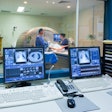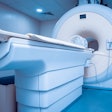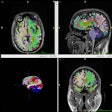Using functional MRI (fMRI), researchers found unusually high levels of activity in emotional and cognitive brain networks in young adults who had a history of mental illness.
Lead author Rachel Jacobs, PhD, from the University of Illinois at Chicago (UIC) Institute for Juvenile Research, and colleagues scanned young adults between 18 and 23 years of age while the subjects were in a resting state. The subjects consisted of 30 unmedicated young adults who had previously experienced depression and 23 healthy controls (PLOS One, August 27, 2014).
The researchers found many brain regions that were hyperconnected in the subjects with a history of depression. These hyperconnected networks were linked with rumination, in which an individual excessively focuses on a problem without actively trying to come up with a solution. This type of behavior is a risk factor for depression, according to the authors.
Jacobs and colleagues plan to follow these young adults over time to see if the hyperconnectivity predicts who will have a recurrence of illness.
Psychosocial and medication treatments for depression can be helpful, but within two years of recovery, half of the teenagers will relapse. The transition to adulthood, a time when brain networks are nearly mature, may be a critical window for interventions, according to the authors.



.fFmgij6Hin.png?auto=compress%2Cformat&fit=crop&h=100&q=70&w=100)

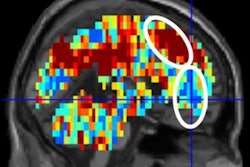
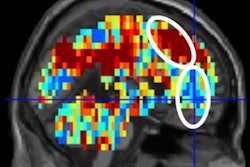

.fFmgij6Hin.png?auto=compress%2Cformat&fit=crop&h=167&q=70&w=250)








